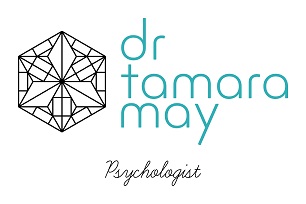Around 5-10% of children experience Attention Deficit Hyperactivity Disorder and this persists into adulthood for around 2-5%. More women with ADHD are also identified in adulthood, with the male to female ratio in adulthood being almost 1:1 (compared with around 3:1 in childhood).
Adult ADHD traits impact on everyday life and can result in difficulties with inhibition, procrastination, poor time management and organisational ability, difficulties engaging in problem solving over time, low self-motivation and poor self-regulation of emotion. Emotion regulation challenges can present in adulthood as relationship and interpersonal difficulties, poor frustration tolerance and anger issues. Around three quarters of adults with ADHD will have at least one co-occurring mental health condition, such as substance use issues, mood, anxiety or learning disorders. Undiagnosed adults with ADHD will often present for support for anxiety, depression or addictions with their underlying ADHD going unrecognised.
Adults with ADHD are often adventurous, creative and think outside of the box. Tamara will work with clients to understand their unique profile of strengths and areas they need support, to help them establish a lifestyle that plays to their strengths and preferences.
Read about important things to consider after an adult ADHD diagnosis
Evidenced based psychotherapy approaches for adult ADHD are cognitive-behavioural therapy (CBT) approaches. Tamara provides individual and group psychological therapy for adults with ADHD. Therapy includes education about adult ADHD for the individual (and often their partner or family), and helping them to develop strategies to minimise the consequences of the symptoms of inattention, hyperactivity and impulsivity. Strategies are usually focussed on making changes to a person’s environment to minimise negative impacts of symptoms and maximise strengths.
Tamara also uses CBT to manage associated difficulties such as anxiety, depression, addictions, disordered eating and sleep problems. Where clients have experienced complex developmental trauma Tamara may use schema therapy approaches, as well as eye movement desensitization reprocessing (EMDR) treatment for PTSD and addictions. Clients with adult ADHD often have an entrenched belief of being a failure, an imposter or being lazy. This often develops through many years of hearing these messages from those around them, sometimes from families, teachers and peers who misunderstand ADHD. Schema therapy is often used to address these underlying limiting self beliefs which frequently result in secondary anxiety and persistent depression. This can lead to self-compassion and self-acceptance helping the client live a content and fulfilled life.
If you are interested in psychological therapy for ADHD please contact Tamara.
